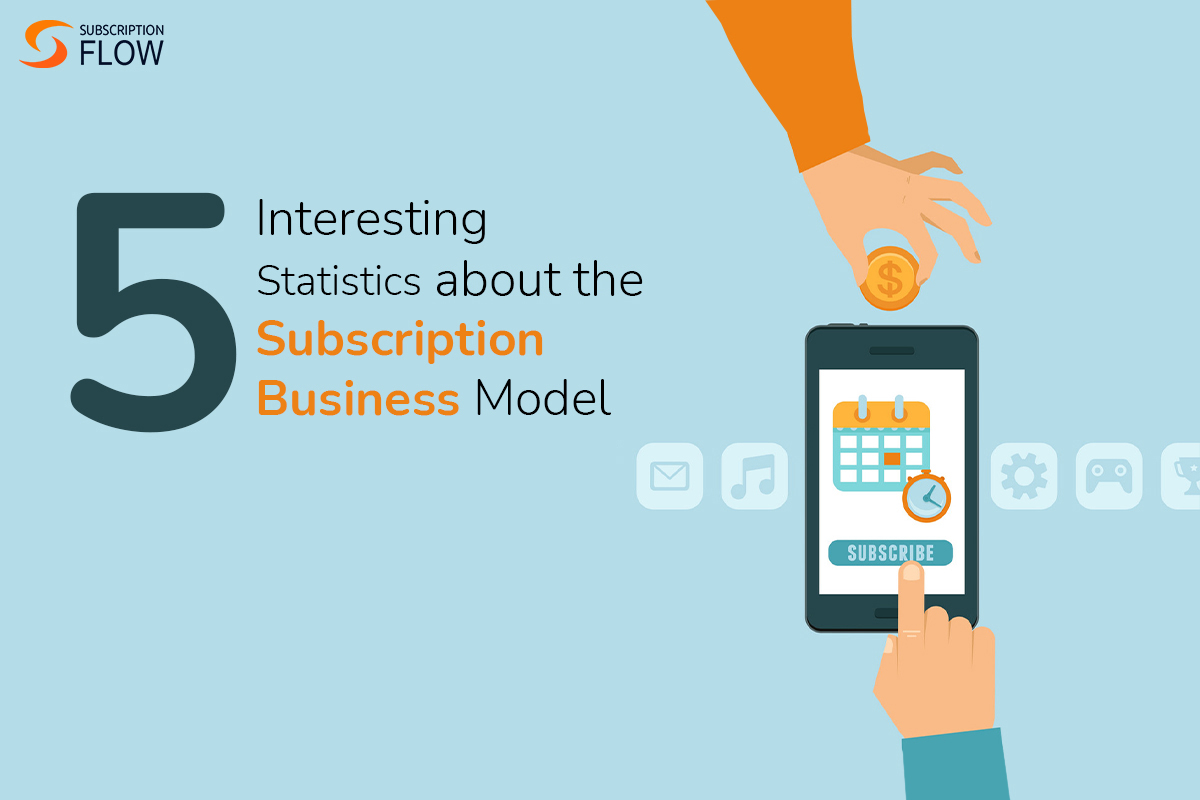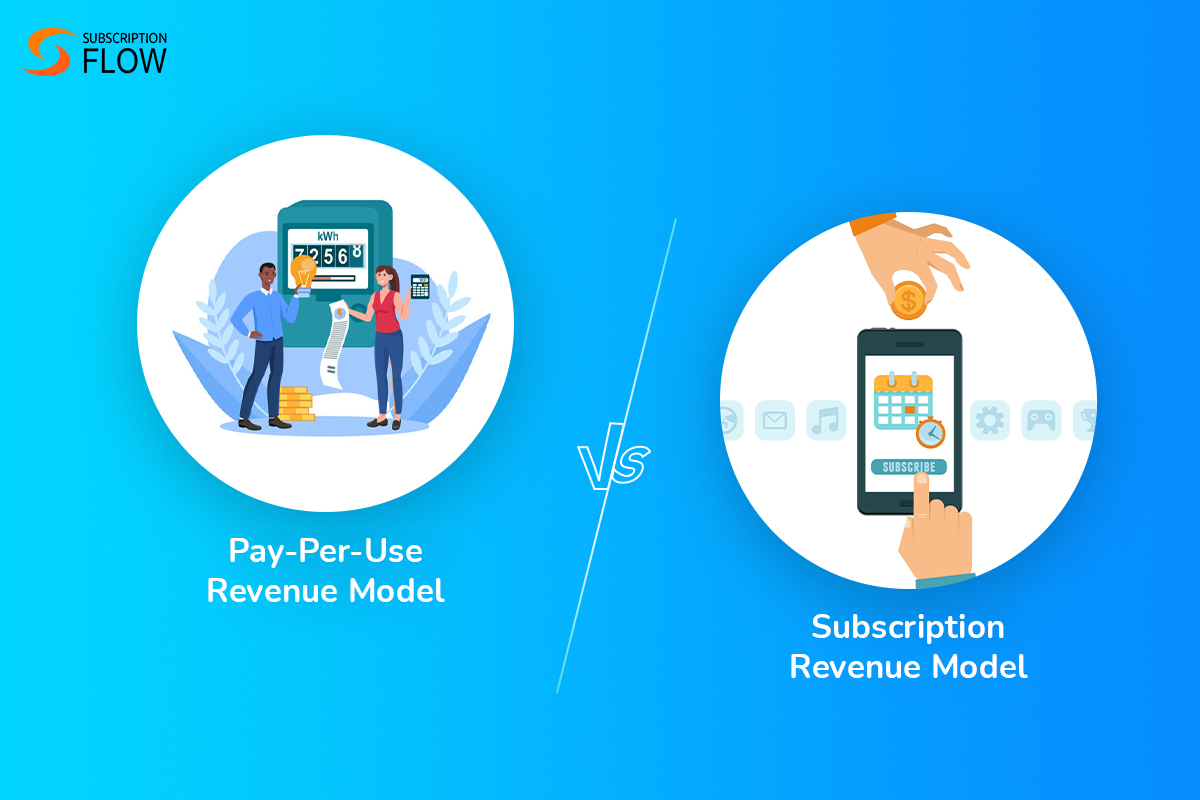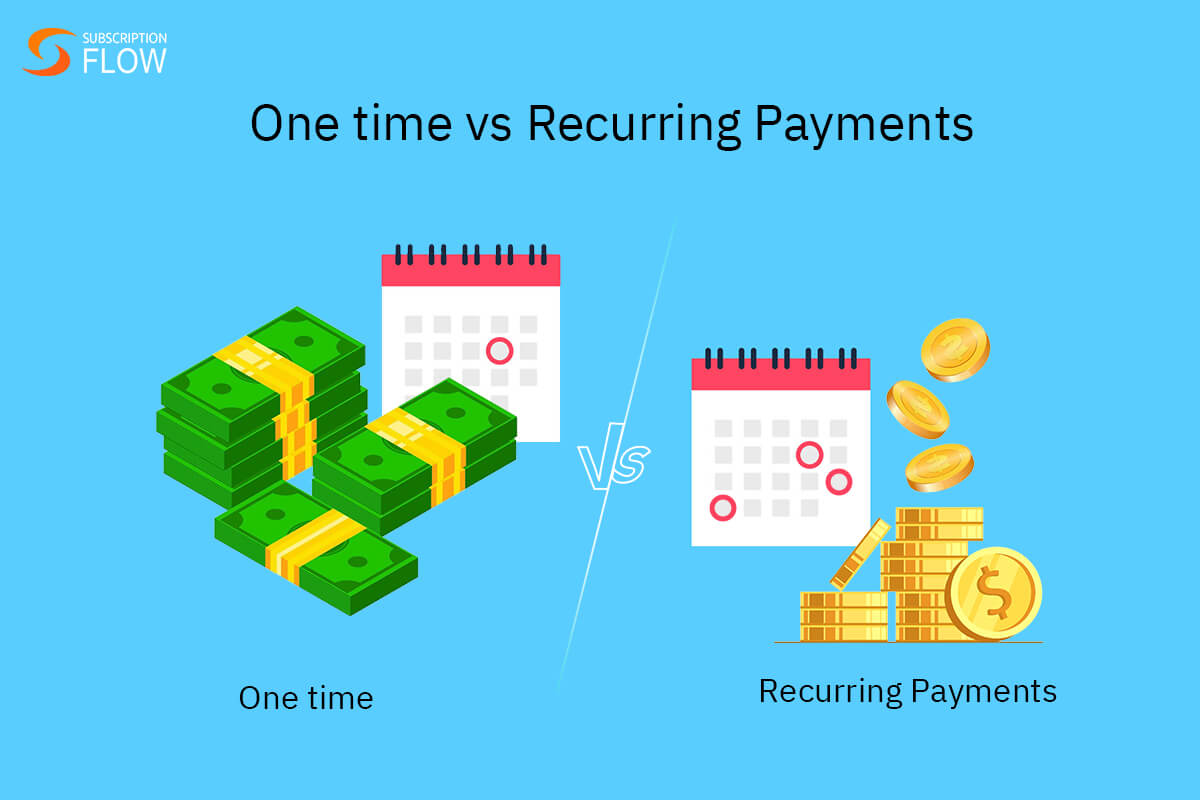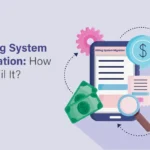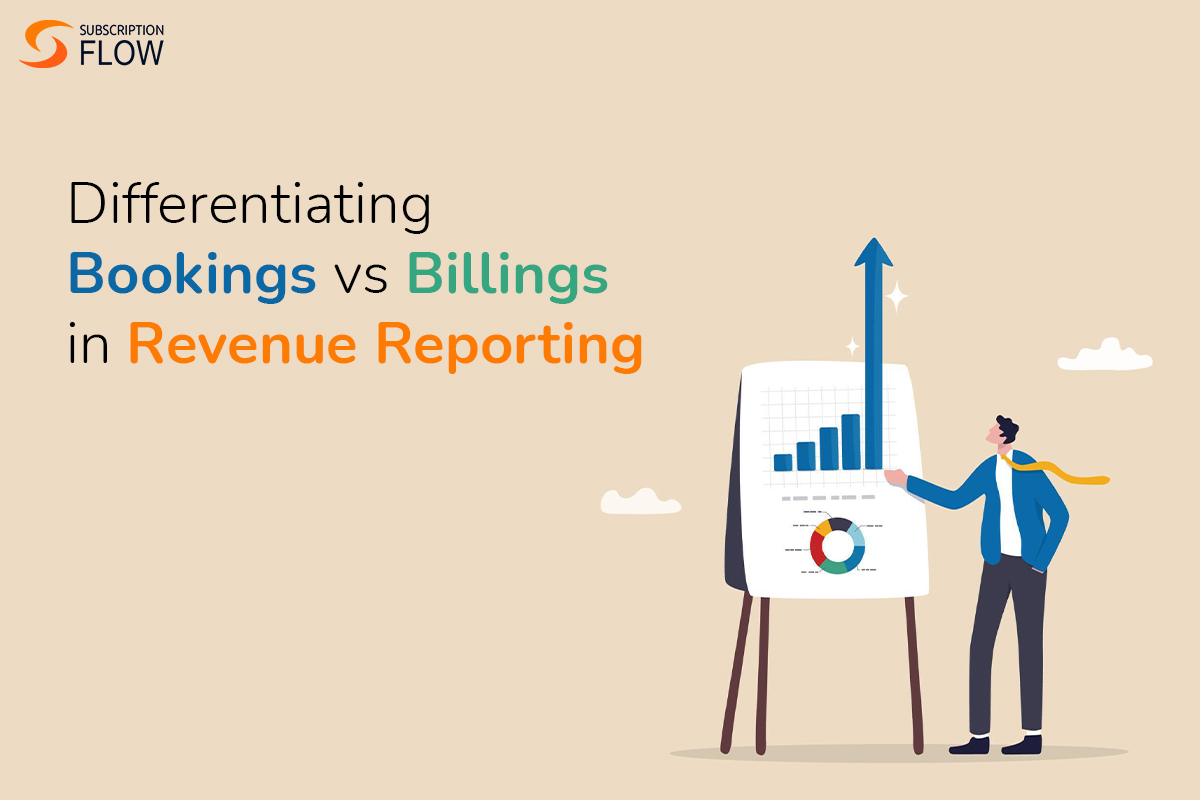
Differentiating Bookings vs Billings in Revenue Reporting
Accurate financial reporting and revenue management are the backbones of any business, but especially critical for the profitability and stability of subscription-based enterprises that rely on consistent recurring revenue streams. Two key terms used in the subscription industry are bookings and billings. While bookings vs billings may sound like interchangeable terms, they have distinct meanings that are essential for accurate financial reporting.
What are Bookings in the SaaS Industry?
Bookings refer to the total value of new customer contracts signed within a given period, regardless of whether the customer has made a payment or not. In essence, bookings are a business’s projected revenue from new contracts committed to paying for a set period in the future. For example, if a business signs a contract with a new customer for a $200 per month subscription, the bookings for that customer would be $2,400 for a one-year contract. Bookings per month refer to the sum of all the closed deals during this month with different prices and durations.
There are different categories of bookings which include:
1. New Bookings
These are bookings created from scratch against a new customer.
2. Renewal Bookings
These are bookings with existing customers whose contracts are up for renewal.
3. Expansion/Upgraded Bookings
These are bookings created as a result of existing customers upgrading to a different plan. For example, customers who upgrade from monthly to annual payments.
4. Annual Contract Value (ACV) Bookings
In the case of multi-year contracts, bookings made with a commitment of at least one year are considered ACV bookings. For instance, if a customer signs a contract with SubscriptionFlow for three years under the Scale Plan of $250/month, then the ACV Bookings will be $3000.
5. Total Contract Value (TCV) Bookings
TCV Bookings also pertain to multi-year contracts but they are calculated taking into consideration the complete duration of the contract. So, if a customer signs a contract with SubscriptionFlow for three years under the Rise Plan of $150, then the TCV Bookings will be $5400.
What are Billings in the SaaS Industry?
On the other hand, billings refer to the stage when money is successfully received by a business from customers during a given period. This includes payments for new contracts as well as payments for renewals or upgrades. Using the same example as above, if the new customer selects an annual payment plan and pays upfront, the billings for that customer would be $2,400. However, if the customer chooses to pay in monthly instalments, the billings for each month would be $200.
Bookings vs Billings: What Do Discrepancies Indicate?
The key difference between billings and bookings is timing. Bookings represent future revenue that a business expects to generate, while billings represent money that has actually been received. This distinction is important because it impacts how a business reports its financial performance.
For businesses that operate on a subscription-based model, bookings and billings can have a significant impact on financial reporting. For example, a business that has a high volume of bookings but low billings may be overestimating its financial performance. This is because bookings represent potential revenue, whereas billings represent actual revenue. If a business has a high volume of bookings but is struggling to convert those into billings, it may be an indication of underlying issues such as poor customer retention or a lack of product-market fit.
Conversely, a business that has high billings but low bookings may also present a cause for concern. This could be an indication that the business is struggling to acquire new customers or that its existing customer base is not interested in upgrading or renewing its subscriptions. Either way, this situation requires the business to re-evaluate its marketing and sales strategies to drive growth.
Billing vs Bookings: Calculation
Bookings can be calculated by knowing your contract value or average deal size and the number of booked contracts in a certain period. As mentioned before, this metric is important because it can give you an idea of how much the projected revenue for your company is. Billing is your actual influx of payments from successful billing cycles and is dynamically updated on your customized SubscriptionFlow dashboard.
Other Key Metrics to Track
While bookings and billings are important metrics, they are not the only ones that businesses need to consider when evaluating their financial performance. Other metrics such as churn rate (the percentage of customers who cancel their subscriptions) and customer lifetime value (the total revenue a customer is expected to generate over the course of their relationship with the business) are extremely important metrics to track in order to paint an accurate picture of a business’s financial health.
Read more: Key Subscription Metrics to Monitor and Analyze In 2023-24
How Can Subscription Management Software Help?
Subscription management software is designed to help businesses track and manage their subscriptions, including bookings and billings. By automating these processes, businesses can streamline their financial reporting and gain a more accurate understanding of their financial performance. Subscription management software can also provide valuable insights into customer behaviour, such as which subscription plans are most popular and which customers are most likely to upgrade or cancel their subscriptions.
Conclusion
In conclusion, bookings and billings are two key metrics that businesses need to understand when evaluating their financial performance. They have distinct meanings that impact how a business reports its financial performance. Subscription management software supplies businesses based on recurring revenue with the tools they need to track and manage their automated billing cycles, gain a more accurate understanding of their financial health and make informed decisions about their growth strategies.



